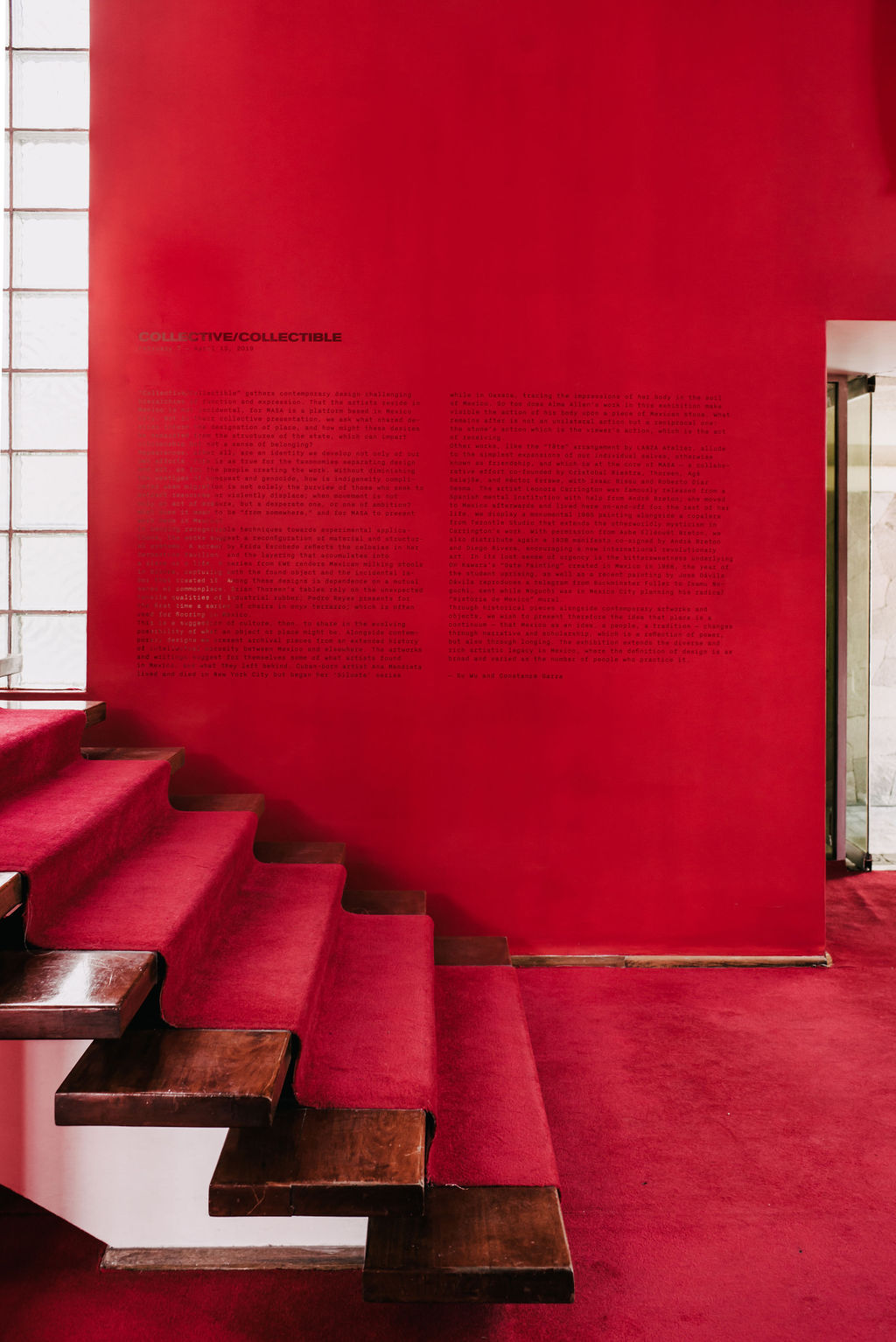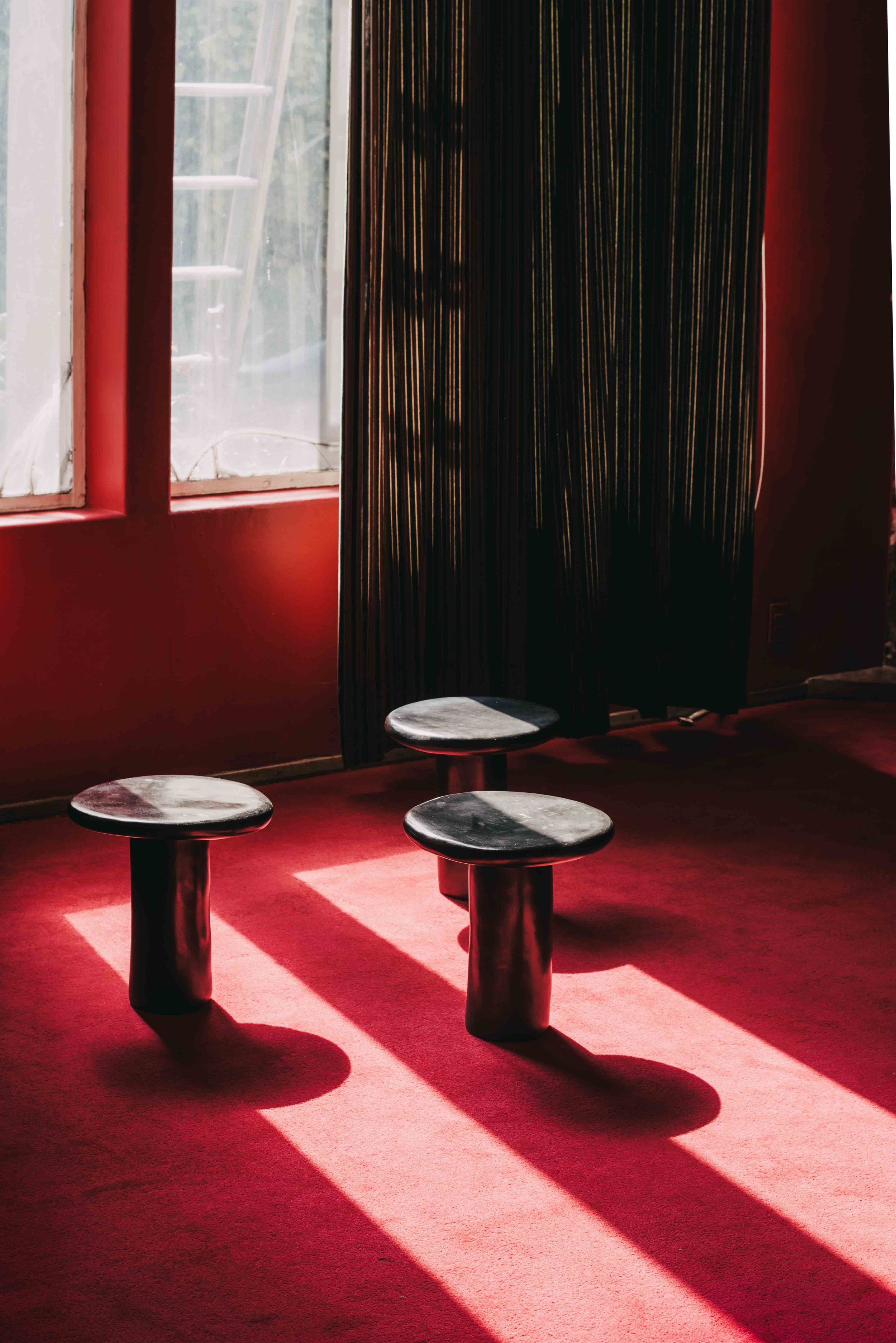Blurring the line between art and design: MASA Gallery
All photos courtesy of MASA gallery.
LEE ESTE POST EN ESPAÑOL.
Founded this year by celebrated Mexican designer Hector Esrawe, curator Agé Salajõe, OMR gallery co-founder Cristobal Riestra, and designer Brian Thoreen, the Mexico City-based MASA gallery walks the blurry line between art and design. Launched in February, the nomadic design, art and architecture gallery features 15 of the city’s top artists and designers, and aims to challenge convention to present Mexico’s contemporary design scene on a global platform, and in unexpected, evolving settings throughout the capital.
“That these artists all reside in Mexico is not incidental to the exhibition, for MASA is a design project founded and based in Mexico City.”
- MASA founders
MASA comes at an opportune time, when Mexico City’s cultural renaissance has brought floods of tourists into the country to devour Mexican gastronomy, tour high-end galleries, and flock to fairs like Zona Maco and Design Week Mexico.
Set in an abandoned 1970’s-era home in Mexico City’s Paseo de las Palmas, MASA’s disruptive format invites visitors to view collectible and experimental objects of design, art and architecture.
MASA’s premier group show, ‘Collective/Collectible,’ showcases work by artists and designers either living in Mexico or who have been influenced by it. In collaboration with co-curators Constanza Garza and Su Wu, the exhibition asks what it means to be “from somewhere,” with additional works that show some of what artists themselves have long sought in Mexico, or believed the place to be. Designers include Design Miami 2018’s Design Visionary winner Pedro Reyes, Hector Esrawe, Ewe Studio, Frida Escobedo, Jose Dávila, and Brian Thoreen. “Collective/Collectible” is on view through April 13. mmaassaa.com
Address: Paseo de las Palmas 1535, 11000, Mexico City, Mexico
Follow them on Instagram: instagram.com/masagaleria
Lamps by Hector Esrawe.
“In their collective presentation, we ask what shared desires inform the designation of a place, and how might the structures that define this be separated from the structures of the state, which can impart citizenship but not a sense of belonging?”







